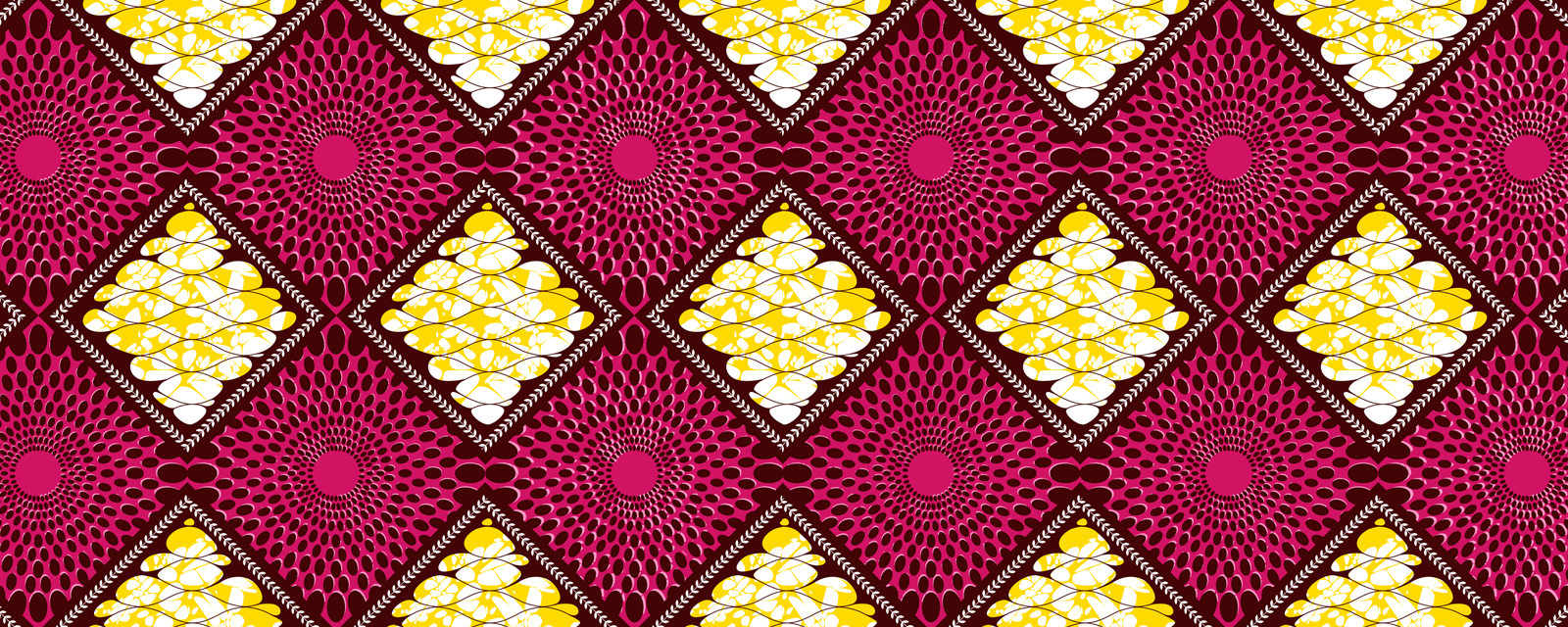Five Igbo satires from eastern Nigeria. These songs are of the type performed at the funerals of prominent people by groups of singers known as Abigbo singers. The satirical sections form only a part of the performances on these occasions, but the Abigbo singers are renowned for their eloquence and outspokenness.
What makes it possible for them to be so sharp in their criticisms is that they accept the idea of hierarchy. They admit that some people must be in positions of power, but they insist that power must be wielded responsibly: as the second poem says, ‘The great man keeps the gun, we keep the gun cap’. When this arrangement breaks down their criticism begins.
I
A message should be taken to the Council men at Aboh, (1)
Should the ruling of this world be with guns?
Should it be with matchets?
Before the bicycle Licence is due
They drive around in vans;
You get to Afo Oru, (2)
They block the road with their vans:
A young man comes to market,
They beat him up and throw him in the van.
Council men,
Are you telling us to leave off trading?
Are you telling us to go and make bullets?
II
The great man keeps the gun, we keep the gun cap:
Without the cap the gun will not shoot.
The gun has been taken from us, also the cap:
The poor man can no longer train a child in school:
Schools are now for the rich,
Colleges are now for the wealthy:
Alas!
I had no idea I had such enemies.
III
Those who oppressed the poor during the war, (3)
Those who oppressed the poor during the war,
You, to whom we gave council membership, do you know?
You big men, do you hear?
You of the Red Cross, have you heard?
You of the Red Cross, have you heard?
The Government gave relief to be distributed to us,
The Government gave relief to be distributed to us:
Our Councillors sold it in the market,
The big men sold it in the market,
The Red Cross members sold it in the market,
Left us poor people to be mere on-lookers.
If therefore you see a Councillor dead,
If you see a big man dead,
If you see a Red Cross man dead,
Do not hasten to swear an oath:
The price of sin is death
For those who oppressed the poor during the war.
IV
‘Attack’ traders were not good wives, (4)
I am speaking of married women;
‘Attack’ traders were not good wives:
They made Biafran money with a vengeance,
They made Biafran money with a vengeance,
Tied their bundles to their cloth end to walk about,
Tied their bundles to their cloth end to walk about:
Before their husbands could speak twice, they would explode,
‘By what are you bigger than I am? That is enough for you!
How much bridewealth do you say you paid my parents?
How much bridewealth do you say you paid my parents?
I will untie my cloth end and pay you back,
I will untie my cloth end and pay you back!’
At the end of the war,
‘Master, lend me a little money to buy soup ingredients.’
V
Workers on the farm, more power to you!
Workers on the farm, more power to you!
The famine that threatens the world is alarming,
The famine that threatens the world is alarming:
One kobo will buy nothing now in the market,
Two kobo will buy nothing now in the market:
Because of Udoji, they are killing us, (5)
Because of Udoji, they are killing us:
We don’t know Udoji, we have seen no money,
We don’t know Udoji, we have seen no money:
Good roads, common to the world, we have none,
Good roads, common to the world, we have none:
We do not have good clean tap water,
We do not have good clean tap water:
We are made to pay excessive rates,
We are made to pay excessive rates:
They chase us around in their landrovers,
They chase us around in their landrovers:
We ask the Government, are we to fly to the skies?
If we should all die, who then will you govern?
from Igbo Traditional Verse,
by Egudu & Nwoga
Heinemann Educational Books
Footnotes
- Aboh was the local council headquarters of the Abigbo singers.
- Afo Oru was a big market to which traders brought their wares on bicycles on the appropriate market day of the week.
- The war: the song refers to the Nigerian civil war, 1967–70.
- Attack traders was the popular term in Biafra for those who stole their way through Nigerian army lines to go and purchase scarce commodities which they then resold in Biafra at a huge profit.
- Udoji: in 1975 a Commission under Chief Udoji recommended salary increases for government employees. The increase, called Udoji, provoked much resentment for not being applied to non governmental workers, and led to strikes, inflation, and a massive increase in the cost of living.

